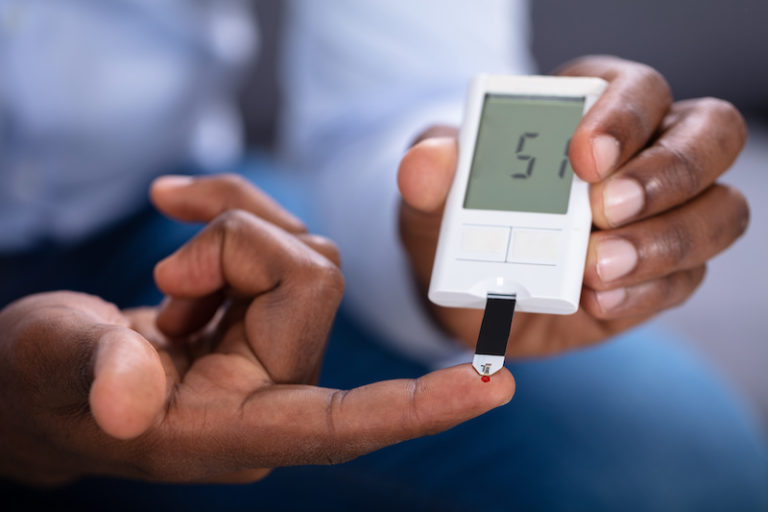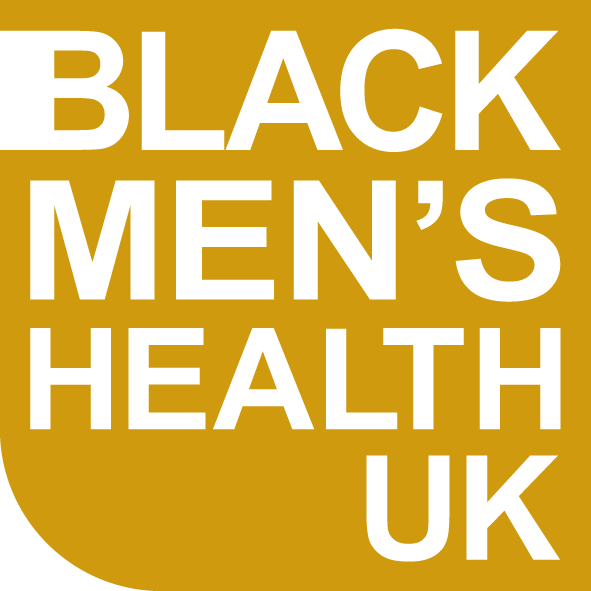Black people in the UK are more likely than white people to be diagnosed with mental health problems and to be sectioned.
(Hári Sewell discusses here some things to think about when considering why Black people feature so much in the stats as a group more affected by poor mental health)
Understanding Mental Health
Having good mental health helps us relax more, achieve more and enjoy our lives more. Mental health problems are more common than you might think. One in four people will experience a mental health problem in their lifetime.
Types of mental health problems
Here is a list of some of the mental health problems that often affect Black men
Bipolar disorder is a mental health condition that affects your moods, which can swing from 1 extreme to another.
Bipolar disorder can occur at any age, although it often develops between the ages of 15 and 19 and rarely develops after 40.
Find out more about bipolar disorder
Psychosis is when people lose some contact with reality. This might involve seeing or hearing things that other people cannot see or hear (hallucinations) and believing things that are not actually true (delusions).
Depression is a long lasting low mood disorder. It affects your ability to do everyday things, feel pleasure or take interest in activities. It is more than simply feeling unhappy or fed up for a few days.
If you are worried about someone’s mental health, Counselling Directory havea useful guide on what to do.
Talking Therapies
According to the British Association for Counselling & Psychotherapy,- “talking therapies can help with many difficult life problems – from coping with traumatic experiences and events, to dealing with depression and anxiety or managing harmful emotions and behaviours.”
You do not need to have been diagnosed with a mental health problem to use talking therapies. The type of talking therapy recommended to you is decided on the symptoms you might have.
You need to be registered with a GP to get psychological therapies on the NHS, but you do not need a referral from a GP.
There are many therapists around the country. they can. be accessed either via the NHS or privately. Below are different places to find a therapist.
More information and Support
For more information on mental health problems and support we suggest speaking to your doctor or contacting specialist mental health support services. Below are some organisations that can provide support:
- Rethink Mental Health
- Mind
- Samaritans
The can be found in particular areas of the country.
Useful Videos
We’ve found these and podcasts useful. Hope you do too.



